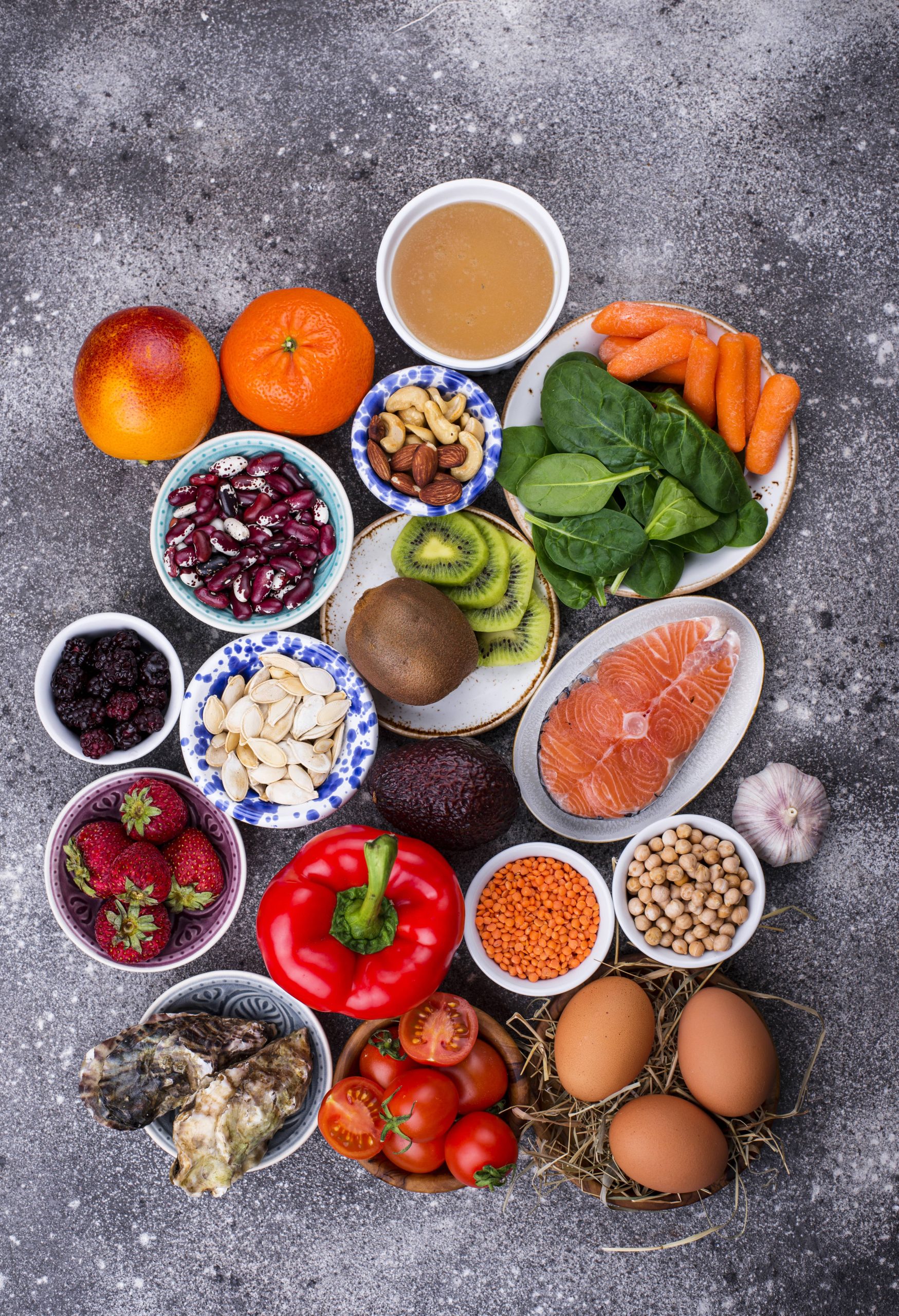
In today’s fast-paced world, “busy” is no longer a temporary state—it’s a lifestyle. For those of us juggling work, family, social commitments, and a personal life, eating healthy can seem like a daunting task at times. Enter meal prepping, a method that can save time, cut costs, and ensure you’re eating nutritious meals every day. Meal prepping can be a game-changer for maintaining a balanced diet amidst a hectic schedule. Whether you’re new to the concept or looking to refine your approach, here are some tips for effective meal prepping tailored for busy individuals.
1. Start with a Plan
Planning is the cornerstone of successful meal prepping. Dedicate a bit of time each week—perhaps on a weekend or whenever you have some downtime—to plan your meals for the upcoming week. Consider your nutritional goals, any dietary restrictions, and the types of foods that both satisfy and nourish you. Once you have a meal plan, you can make a precise shopping list, saving you from impulse buys and ensuring you have all necessary ingredients on hand.
2. Cook in Bulk
One of the biggest benefits of meal prepping is cooking in bulk. It’s less about mastering gourmet recipes and more about efficient and healthy nourishment. Cooking meals like soups, stews, casseroles, and stir-fries in large quantities can provide multiple servings to be eaten throughout the week. You can also batch-cook staples such as grains, beans, and proteins, which can be mixed and matched with various veggies and spices to create different meals.
3. Invest in Quality Storage Containers
Proper storage is critical to maintaining the freshness and flavor of your prepped meals. Investing in a good set of airtight, durable containers is worthwhile. Clear containers are beneficial as they allow you to easily see the contents, making it more likely you’ll consume them. Choose containers of varying sizes to accommodate different types of meals or snacks. Also, consider eco-friendly, BPA-free options for health and sustainability reasons.
4. Master the Art of Freezing
Freezing is your friend when it comes to meal prepping. It extends the life of your meals and allows you to preserve them at their peak freshness. For best results, adequately cool meals before storing them in the freezer and use freezer-safe containers or bags. Don’t forget to label them with the date to keep track of their freshness. Soups, stews, and cooked meats generally freeze well and can be savored at a later time when you’re especially busy.
5. Balance Your Meals
While it’s tempting to stick to tried-and-true meals, diversity in your diet is vital for ensuring you obtain all necessary nutrients. Strive for a balanced meal that has a healthy proportion of proteins, carbohydrates, fats, and vegetables. Incorporating a wide variety of colors in your meal can also be an easy guide to assure a nutritious mix of vitamins and minerals. Not only does a diverse menu help with nutrition, but it also keeps meals interesting.
6. Prioritize Simplicity and Convenience
Meal prepping doesn’t have to be overly complex or time-consuming. Start with easy-to-make recipes and gradually diversify as you become more comfortable with the process. Opt for ingredients that are versatile and can be used across several dishes. For instance, roasted vegetables, grilled chicken, or hard-boiled eggs can complement a variety of meals. Embrace shortcuts when appropriate, like pre-washed greens or canned beans, which can reduce the time spent preparing ingredients.
7. Schedule Prepping Time
For meal prepping to be truly effective, consistency is key. Try setting aside a specific time each week for meal prepping, treating it as a non-negotiable appointment. Consider it a self-care activity. You might find that dedicating a few hours on a Sunday to meal prep serves as a relaxing ritual, setting a positive tone for the coming week. Depending on your schedule, you might find it more efficient to prep for only half the week, refreshing with another quick session mid-week.
8. Integrate Snacks and Beverages
Don’t overlook including healthy snacks and beverages in your meal prep routine. Preparing snacks in advance can deter unhealthy choices when hunger strikes between meals. Cut-up fruits, nuts, yogurt, or hummus with vegetables are great options to have on hand. Also, consider prepping beverages: having water infused with fruits and herbs or pre-made herbal teas can ensure you remain hydrated without resorting to sugary drinks.
9. Adjust and Experiment
Meal prepping is a learning process, and it might take some experimentation to find a routine that works best for you. Feel free to adjust meal portions, try new spices, or explore alternative cooking methods. Regularly assess your approach and tweak it based on what saves time, maximizes freshness, and brings joy to your meals.
10. Stay Flexible
Lastly, allow yourself some flexibility. Life is unpredictable, and schedules can rapidly change. If you find yourself needing a quick meal solution, it’s okay to deviate from the plan occasionally and order a healthy takeout. The goal of meal prepping is to ease your life, not add pressure. The beauty of meal prepping lies in its ability to customize—tailor it to fit your life rather than forcing your life to fit around it.
In conclusion, meal prepping can serve as a valuable strategy for anyone with a busy lifestyle. With a little planning and preparation, it’s possible to nourish yourself with home-cooked, satisfying meals without spending hours in the kitchen each day. Whether you’re looking to cut back on takeout, improve your diet, or simply enjoy the peace of mind that comes with knowing your meals are ready ahead of time, these meal prepping tips can transform your relationship with food, providing convenience and nutrition in one fell swoop. Happy prepping!
